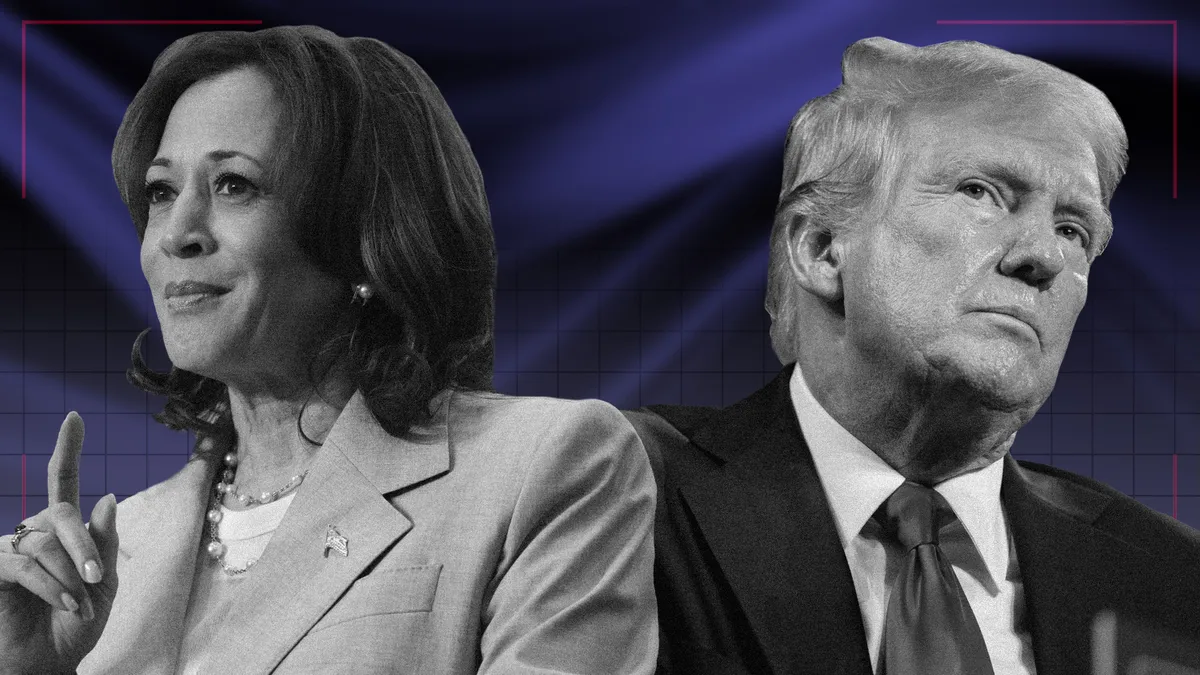Dive Brief:
- More than 50 individuals and businesses in Austin, TX have signed a new diversity and inclusion pledge, which includes a promise to take at least 10% of their pitch meetings from underrepresented groups.
- The pledge, which was organized by former venture capitalist Stephen Straus, also includes a "Walker Rule," which instructs that companies hiring for open positions interview "at least one finalist under consideration who is not like everyone else on the team."
- Companies on the pledge also commit to publicly disclosing diversity statistics, achieving pay equity, creating a formal discrimination and harassment policy and conducting unconscious bias awareness training. Straus plans to make the pledge nationwide next year.
Dive Insight:
Despite evidence that more diverse workforces lead to better products and culture, the tech industry has struggled to recruit and maintain a diverse workforce. Austin is not immune; the Austin Business Journal reported in 2017 that the city’s tech sector was predominately white, which could be holding the industry back.
Several cities have started their own diversity pledges in a bid to get local tech companies more engaged with underserved communities. Los Angeles Mayor Eric Garcetti, for example, recruited more than 80 tech companies and venture capitalists to commit to a diversity program started last fall. San Francisco Mayor London Breed started Opportunities for All to get diverse youth involved in tech, and the initiative has gotten support from tech giants like Uber.
The Austin initiative is targeted at startups, which dominate the Austin scene (although larger companies like Apple have expanded their presence in the Texas capital). Straus said in a statement that he was driven to start the pledge based on the lack of minority executives he saw as a venture capitalist. “What we really want to happen is that this becomes the norm,” he said. “If you’re an entrepreneur, then every time you go into the garage to start a company, diversity and inclusion need to be on your mind from day one — before you've allocated any equity.”
As smart cities continue recruiting and fostering the tech industry, similar diversity initiatives — even voluntary ones — can help ensure that the sometimes disruptive industry can benefit all communities.










